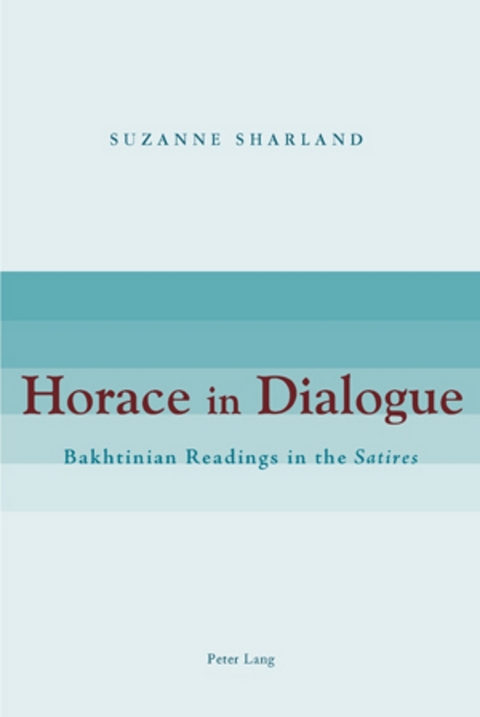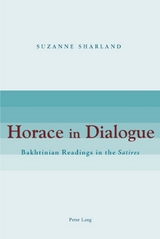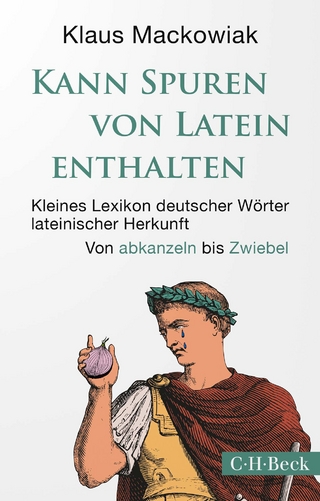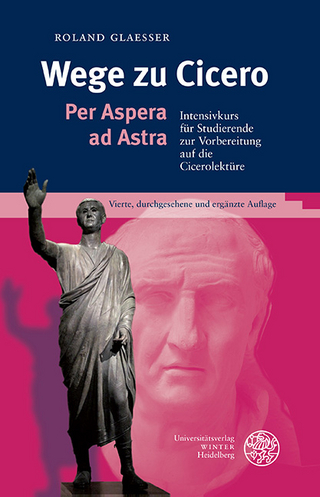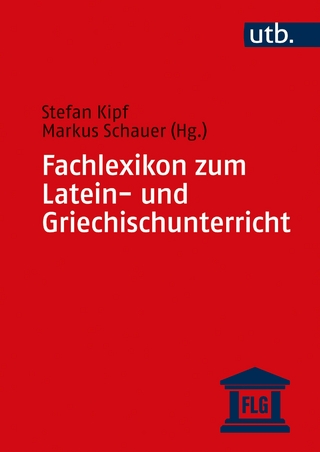Horace in Dialogue
Peter Lang Group Ag, International Academic Publishers (Verlag)
978-3-03911-946-2 (ISBN)
Far from getting bogged down in theory, however, this is a book which uses some of Bakhtin's ideas to tease out fresh insights into Horace's Satires. The author reads Horace's poems as 'little dramas' - interactions between speakers, interlocutors, addressees, and audiences. What is Horace's real motive for lecturing on miserly greed in his first satire? Who is the modern Hollywood star whom Horace most closely resembled? What is Horace doing while Damasippus rattles on, recounting the words of his guru Stertinius, in Satires 2.3? The answers to these and other questions are suggested in this book.
The Author: Suzanne Sharland studied Classics at the University of Cape Town, where she received her doctorate in 2001. She has taught Classics at a number of universities in South Africa. She currently is Senior Lecturer in the Classics Programme at the University of KwaZulu-Natal (Durban).
Contents: The moralising satires of Horace - The problematic concept of the 'diatribe' - Theories of monologue and dialogue - Bakhtin's concept of dialogue and dialogism - Bakhtin's concept of polyphony - Bakhtin's concept of heteroglossia - The dialogic nature of Horace's Satires Book One - Horace's satiric persona - Bakhtin's concept of 'addressivity' - Reading satires as 'little dramas' or interactions between speakers, interlocutors, addressees, and audiences - Inversions and reversals in the moralising satires of Book Two - Other voices as sources: heteroglossia and Horace's satires - Other voices on Horace: polyphony and the moralising satires of Book Two - Bakhtin's concepts of 'authoritative discourse' and 'internally persuasive discourse' - Bakhtin's concept of the Carnivalesque and Horace's Saturnalian satires.
«A book-length guide to aid Bakhtinian interpretations of Horace's 'Satires' was needed indeed, and with this work (...) Sharland has ably filled the gap.» (Ian Goh, Bryn Mawr Classical Review)
| Erscheint lt. Verlag | 17.12.2009 |
|---|---|
| Verlagsort | Oxford |
| Sprache | englisch |
| Maße | 148 x 210 mm |
| Gewicht | 510 g |
| Themenwelt | Geisteswissenschaften ► Sprach- / Literaturwissenschaft ► Latein / Altgriechisch |
| Geisteswissenschaften ► Sprach- / Literaturwissenschaft ► Literaturwissenschaft | |
| Schlagworte | Bakhtinian • Dialogue • Diatribe • Hardcover, Softcover / Klassische Sprachwissenschaft, Literaturwissenschaft • Heteroglossia • Horace • Moralisation • Polyphony • Readings • Satires< • Sharland • suzanne |
| ISBN-10 | 3-03911-946-X / 303911946X |
| ISBN-13 | 978-3-03911-946-2 / 9783039119462 |
| Zustand | Neuware |
| Haben Sie eine Frage zum Produkt? |
aus dem Bereich
